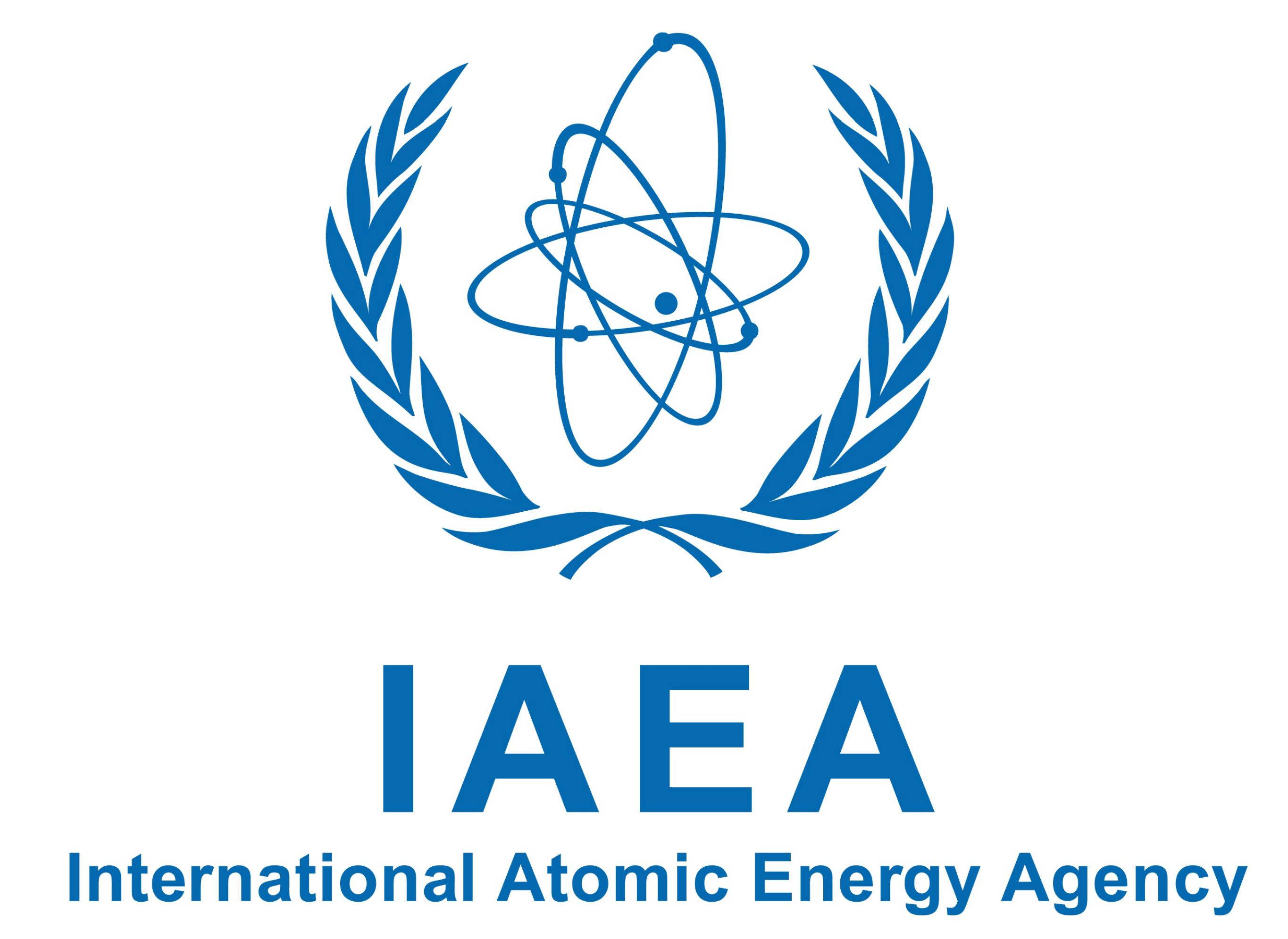Part 2 of 2 Parts (Please read Part 1 first)
Hamad Al Kaabi is the United Arab Emirates’ (UAE) representative to the IAEA. Last Tuesday, he said, “Nobody’s buying a car today if it gets into an accident every day. So safety and security ... is the foundation for successful deployment of nuclear energy. The issue is how nuclear industry works and is perceived globally, any accident anywhere is an accident everywhere.”
The UAE has three nuclear reactors in operation and a fourth reactor in the final stages of construction and commissioning according to Al Kaabi. However, building nuclear plants takes time and the process in the UAE started about thirteen years ago.
Vietnam has been considering the use of nuclear power for decades. According to the World Nuclear Association which is an international trade group. The country announced a plan to build a nuclear power plant back in 2006. However, those plans were placed on hold in 2016. This was partly due to the expense that would be incurred. Then, last March, Vietnam published an official draft energy proposal that includes small modular reactors (SMR).
Ha Kim Ngoc is deputy foreign minister for Vietnam. The U.S. and the IAEA have both helped guide Vietnam in its efforts to include nuclear energy in its national energy portfolio. Ngoc said that SMRs are an appealing option for the relatively small country.
South Africa currently has two operating nuclear reactors according to the World Nuclear Association (WNA). Other African countries are also interested in employing nuclear energy. Collins Juma is the CEO of Kenya’s Nuclear Power and Energy Agency. He said, “Most of the countries where I come from in Africa have very small grids,” Advanced nuclear reactor designs, especially small modular reactors, are intriguing, but Juma did suggest that paying for such reactors might be hard. He added that “I’m not sure about the cost, but we shall be discussing that in other forums.”
As Africa works to decarbonize, nuclear energy is a critical baseload corollary to wind, solar, geothermal and wave power on the continent. However, bringing nuclear energy to Africa will require independent and strong regulation to convince people that it is really safe. Juma said, “Nuclear is a very emotive topic. Everyone is an ‘expert’ and thinks they know it is dangerous. We have to be very careful when we are developing a nuclear power plan. And the public, especially the public, have to have confidence” that the nuclear energy plant is safe. Juma said that he was asking for guidance from leading nuclear powers and private organizations. He added, “When you copy, you only copy from the best, you don’t copy from the worst.”
Grossi at the U.N. said that for countries who are interested in building commercial nuclear power reactors, the IAEA has written a guidebook with the title Milestones in the Development of a National Infrastructure for Nuclear Power.” He said that that was a good place to start for countries considering nuclear power. He added, “The moment is serious, and we know it is red alert for Planet Earth. We have been saying this, but nuclear is not for a few, nuclear can be for the many.”
